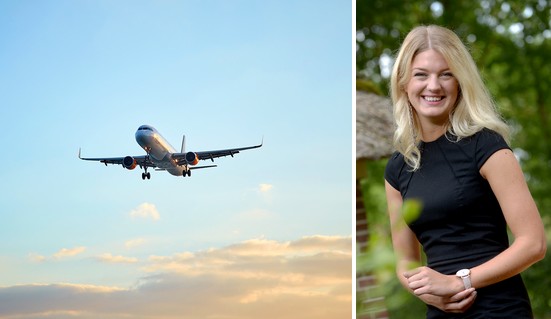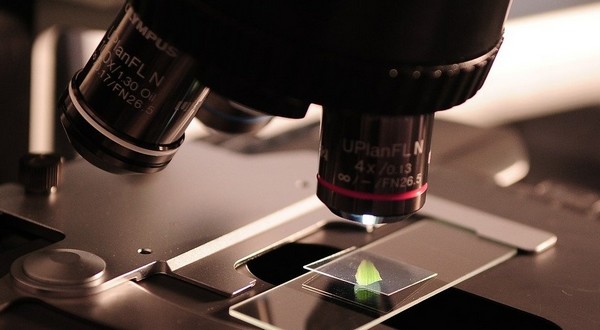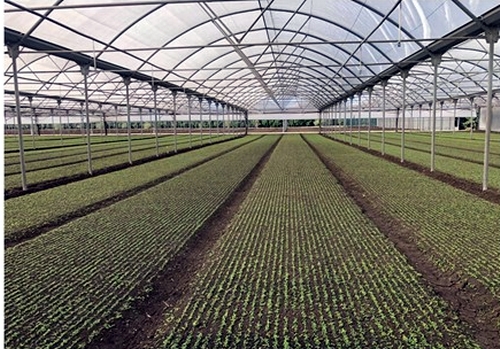All of the regulations involved in acquiring a visa to travel or work abroad are enough to cause companies a headache even during regular times. With the current corona crisis, the situation regarding travel has not become any easier.
In horticultural companies active in Canada and Australia, it has already led to work being outsourced. “Projects have even been returned,” says Ilona Bennink of Visa4you. The Dutch company advises and supports companies when requesting visas for both countries. “Even now, there is a lot more possible than companies think.”
Ilona Bennink
Since the summer, more is possible
According to Ilona, the situation she describes occurs a lot at the moment. She says it’s ‘rather sad’, especially because there are various options for acquiring a work visa or ‘travel exemptions’. “Especially after summer of last year, there have been a few changes, and more is now possible.”
A visa is required for both Canada and Australia and has always been. The type of visa required depends on the activities one will partake in when there. Ilona mentions contract negotiations as an example. “For those, a ‘business tourist visa’ is often sufficient.”
When companies need to execute physical labor in either country, the situation surrounding the visa chances. “Imagine building a greenhouse for which specialized construction teams from the Netherlands are required, or a supervisor on location. In those cases, a work permit is needed. The type of visa depends on the duration of the project and the nature of the work, among other things.”
Searching for the right exemptions
Since the outbreak of the coronavirus, international travel has become a lot more difficult. Especially in the beginning, this led to much confusion in people who got word from their Dutch horticultural colleagues who managed to go abroad, which begged the question: ‘How did they do that?’. One of the most common answers was that it had to do with the importance of their work, for instance, if it regarded food supply, which made travel possible for them.
Ilona recognizes that but also feels it’s important to point out that a lot more was possible for ornamental cultivation to and from Australia than entrepreneurs thought in terms of travel. “There are often exemptions to be found when it comes to restrictions if you are willing to examine the nature of a given project closely. For instance, the project may be of great economic or societal importance. In those cases, a lot more is possible due to the contribution to the local employment opportunities. However, in the case of Canada, this remains difficult. There we still need to find a true connection to food or other essential functions in order to arrange something.”
A clear contract is helpful
Obviously, this type of research takes a lot of time. However, this is an everyday occurrence for Visa4you, while entrepreneurs, who have many other tasks to worry about, will likely lose more time looking into things. “I am 80-90% certain that, in the food sector, a visa and exemptions on the travel restrictions can be arranged, provided that the client has all the necessary paperwork in order”, says Ilona. “In other sectors, this might require a few extra steps, but even then, there are often fitting solutions to be found.”
If Ilona were to give one final piece of advice to horticultural companies regarding international travel to the countries mentioned, it would be to already get all of the needed paperwork in order. “Especially drawing up contracts in a good and clear manner helps to get people to the right places during these times.”
For more information:
Ilona Bennink
Visa4you
Pieperij 11
7924 PZ Veeningen, The Netherlands
+31 (0)528 391118
info@visa4you.nl
www.visa4you.org









